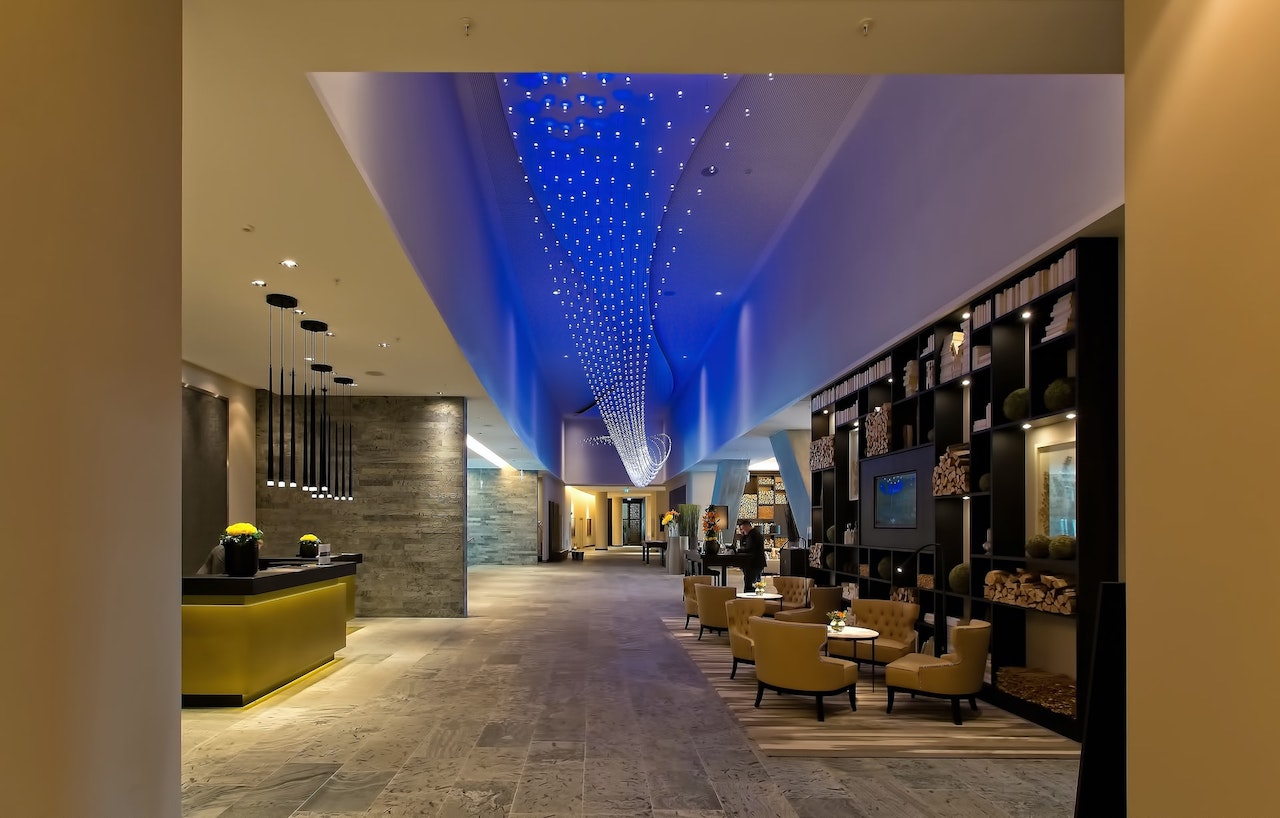Hotels worldwide are rapidly integrating new technologies to redefine the guest experience and enhance operational efficiency.
This shift is not merely a pursuit of innovation; it's a strategic response to the escalating costs of employment in the sector. Amazing tech inventions are reshaping the industry for the better.
This article explores how these technological advancements are transforming the hospitality landscape, focusing on personalized guest experiences, operations digitalization, and innovative revenue growth strategies.
The Personalized Guest Experience: A New Benchmark in Hospitality
Personalization in the hospitality sector has evolved beyond conventional methods, heralding a new era of guest engagement.
Advanced digital platforms now enable guests to enjoy seamless online check-ins, eliminating the traditional wait times associated with physical check-in processes. This enhances guest satisfaction and significantly reduces the workload on hotel staff.
Among these technological innovations, the hospitality guest app stands out. This sophisticated application is a game-changer, offering a comprehensive suite of services at guests' fingertips. From the ease of online check-ins to accessing a wealth of information about hotel amenities and local attractions, the app ensures that every guest's stay is uniquely tailored to their preferences and needs.
Such technologies leverage guest information and data from various sources, allowing hotels to offer personalized upsells and services. By understanding guest preferences, hotels can provide customized room upgrades, unique experiences, and additional services tailored to individual needs.
This approach boosts revenue and creates a more memorable and bespoke guest experience.
Optimizing Operations Through Digitalization
Digitalization has become a cornerstone in modern hotel management. Integrating digital tools into everyday operations dramatically increases efficiency and reduces the need for extensive manual labor.
For instance, digital key solutions and mobile apps offer guests direct access to rooms and hotel services, reducing staff involvement in these routine processes.
Furthermore, applying software solutions in operational management allows for real-time tracking and adjustment of hotel services. This leads to a more responsive and efficient operational model, where hotel staff can be allocated to areas requiring more personalized attention, optimizing labor costs.
Cost Reduction Through Advanced Software Development
The cost of software development, particularly in the United States, can be substantial. However, new technologies and tools have presented opportunities for cost reduction in this area.
Next-generation project management tools, cloud computing services, task automation tools, and temporary development environments are revolutionizing software development, enabling teams to work more efficiently and at a lower cost.
Partnering with a software development agency can further enhance cost-efficiency by leveraging their expertise in these advanced tools and technologies.
These advancements mean that hotels can now develop and implement software solutions that are not only more efficient but also more cost-effective. This is crucial in an industry where cutting-edge technology is increasingly becoming a standard expectation.
Enhancing Collaboration and Efficiency with Cloud Computing
Cloud computing services have transcended their initial status as innovative tools to become essential elements in the digital infrastructure of modern hotels. These services enhance collaboration, reduce duplication of effort, and decrease reliance on physical data storage and processing.
For example, if you want to streamline your Venue Bookings process for a hotel function room, it would be beneficial to use cloud-based technology to help manage and maximize these bookings.
Features like containerization and microservices offer a more agile and cost-effective approach to managing complex development workflows. This flexibility is particularly beneficial for hotels that adapt quickly to changing market demands and guest preferences.
Automating Tasks for Improved Efficiency
Automating repetitive tasks throughout the development lifecycle is another area where technology makes significant inroads.
Automated testing and quality assurance solutions are reducing the need for manual intervention in the software development process, thereby cutting costs and improving efficiency.
These advancements allow hotel management to focus more on strategic decisions and guest experience enhancements than operational minutiae.
Utilizing Ephemeral Environments for Speed and Quality
Using temporary software development environments is another innovation aiding the hospitality industry. These temporary staging environments are used for specific tasks such as feature testing or bug fixing and are discarded once their purpose is served. This approach leads to a more efficient workflow, reducing development time and cost.
The Future of Hospitality: A Convergence of Technology and Service
This year and beyond, integrating these technological advancements into the hospitality industry's workflows seems inevitable.
From AI-driven platforms to low- and no-code application development, these emerging technologies promise to accelerate development timelines further and reduce operational costs.
The hospitality industry is undergoing a profound transformation driven by technological innovations to enhance guest experiences and operational efficiency.
These technologies are not just optional extras but essential components for hotels seeking to remain competitive and profitable.
The convergence of personalized guest experiences, digitalized operations, and cost-effective software development is setting a new standard in the industry, where technology and service excellence go hand in hand.








